
The AIgorythm project

Playwright and actor
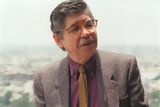
Novelist

Writer and poet

Volleyball player

Italian-Peruvian naturalist and geographer

Singer and percussionist

Last Inca emperor

Politician, former prime Minister

Journalist and TV host
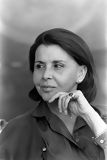
Poet

Inca warrior

Actor and comedian

Biophysicist

Poet

Doctor and researcher

Businessman, Interbank group

Journalist and writer
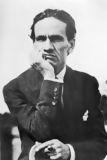
Poet and writer

Singer and songwriter
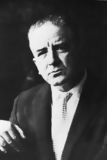
Writer

Film director, Berlin Golden Bear winner

Football player

Writer and journalist
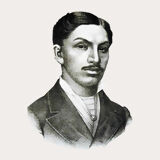
Doctor and scientist

Photograph

Chess player

Industrialist

Former general

Specialist in public health

Actress and singer

Afro-Peruvian music singer

Mathematician and engineer

Indigenous chronicler

Neurologist and anthropologist

Painter

Football player
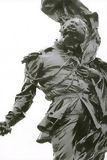
National hero, military leader

Intellectual and reformer

Chef and entrepreneur

Fashion designer

Singer-songwriter

TV presenter

Marathon runner

Indigenous Peruvian chronicler

Theologian

Former national team captain

Economist and former health minister

Inca princess

Writer and television host

Folk musician

Poet and guerrilla
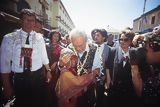
Former UN secretary-general

Chef, known for fusion cuisine

Football player

Peruvian aviation pioneer

Poet and artist
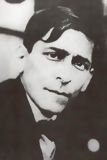
Marxist philosopher and writer

Industrialist and businessman
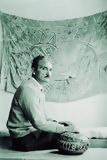
Novelist and ethnologist

Painter and muralist

Opera tenor

Fashion designer

Cardinal of Lima

Peruvian tennis player

Football coach

Leader of the indigenous rebellion

Military hero

Latin singer

War of the Pacific hero

The youngest mother in history

Politician
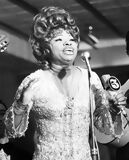
Creole music singer

Tennis player
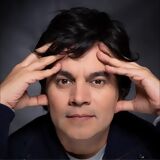
Musician

Writer and politician

Politician and founder of the Christian Democratic Party

Founder of Sodalitium Christianae Vitae

Archaeologist and anthropologist
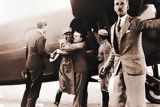
Military leader and politician

Television host
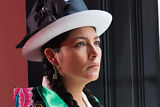
Actress and singer

Contemporary sculptor

Women’s rights activist

Beauty queen

Astrophysicist

Heroine of independence

Mathematician and archaeologist

Historian and anthropologist
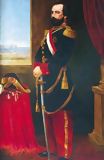
Military figure and historical figure

Fashion photographer
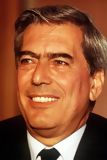
Writer, Nobel Prize in Literature, Politician

Revolutionary leader
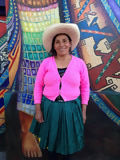
Environmental activist

Leader of the indigenous rebellion

Musician from Gaia band
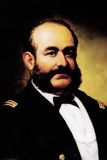
War hero
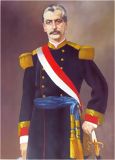
Military leader and politician

Chef, known for Nikkei cuisine

Volleyball coach and former player

Environmental activist

Television personality

Writer

Football player

Epidemiologist and former health Minister

Inventor and aerospace pioneer

Soldier and inventor

Rock singer

Chef and co-owner of Central restaurant

Painter

Football player

TV presenter and actress
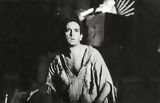
Actor
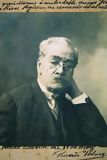
Writer and historian

Journalist and lawyer

Archaeologist, founder of Caral site
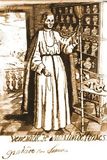
Monk and Saint
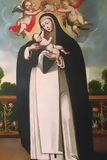
Saint, patron of Latin America

Physicist and engineer

World champion surfer

Actress

Oncologist

Singer, Latin Grammy winner

Former mayor of Lima

Singer

Actress

Former football player

Painter
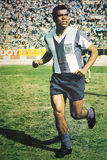
Former football player

Painter

Inca leader

Archbishop, saint
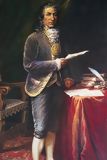
Leader of the indigenous rebellion

Revolutionary indigenous leader

Diplomat and intellectual

Sculptor and painter
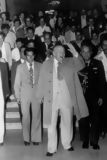
Political leader, founder of APRA

Lawyer and Former prime minister

Chef of Central restaurant

Former head of secret services

Popular singer

Fashion designer

Exotic music singer
Lucha Reyes, born María de la Luz Flores Acevedo on July 19, 1936, in Lima, is an iconic figure in Peruvian criolla music. Her unique and emotive voice, along with her passionate renditions of criolla waltzes and popular songs, made her a cultural icon in Peru. Despite a life marked by poverty and illness, Lucha Reyes became a symbol of resilience and hope for millions of Peruvians.
Lucha Reyes grew up in a poor neighborhood in Lima, in a modest family. From an early age, she showed exceptional talent for singing, despite a difficult environment. She began performing at small parties and local events, where she quickly drew attention for her powerful voice and stage charisma.
Her professional career truly began in the 1950s when she joined various criolla music groups. Her performances in peñas (traditional music cafés) and on radio programs gradually made her a key figure in the Peruvian music scene. She stood out with her distinctive style, blending deep emotions with vibrant interpretation.
However, it was not until the late 1960s that Lucha Reyes achieved widespread fame. She signed with the FTA label and began recording some of the songs that would become classics of criolla music. In 1970, she released her biggest hit, Regresa, a song that became a national anthem and brought her massive recognition across the country.
With her deep voice and heart-wrenching performances, Lucha Reyes captured the essence of suffering, love, and struggle, themes commonly found in Peruvian popular songs. Her repertoire also includes songs such as Jamás impedirás, Tu voz, and Una carta al cielo, which are now considered emblematic works of Peru's musical heritage.
Despite her success, Lucha Reyes faced many personal challenges. She suffered from serious health problems, including diabetes, which she battled throughout her career. Her fragile health never undermined her determination to sing and perform for her audience. Her strength and courage in the face of adversity helped solidify her image as a legend.
Lucha Reyes passed away prematurely on October 31, 1973, on her 37th birthday. Her death marked the end of an era in criolla music, but her influence continues to resonate in Peru and beyond. Her songs are still widely played and interpreted by many contemporary artists. She is regarded as one of the greatest singers in Peru's history.
Each year, on the anniversary of her passing, tributes are paid to Lucha Reyes throughout the country. Her name remains associated with resilience, courage, and the ability to overcome hardships with grace and dignity. Today, she is more than just a singer: she is a national symbol, a voice that embodies the soul of Peru.
Lucha Reyes left an indelible mark on Peru's musical culture. Her contribution to criolla music helped popularize the genre internationally, showcasing the traditions and deep emotions of Peru to the world. Her voice remains immortal in the hearts of those who heard her and continues to inspire new generations of Peruvian artists and musicians.
Her music is a legacy that transcends time and borders, reminding each generation of the importance of staying true to one's roots and overcoming obstacles with strength and dignity.